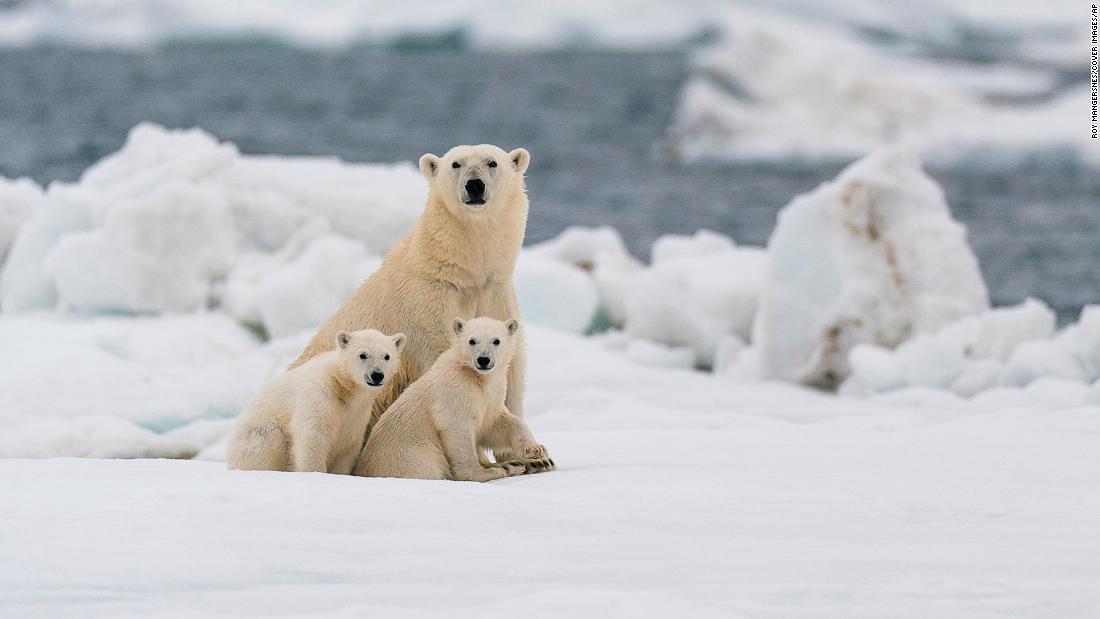| What is climate change? | The impacts of climate change | Page 3 | Page 4 |



Climate change is a broad term used to refer to changes in the Earth’s climates, at local, regional, or global scales, and can also refer to the effects of these changes. In recent decades, the term ‘climate change’ is most often used to describe changes in the Earth’s climate driven primarily by human activity since the pre-Industrial period (c. 1850 onwards), particularly the burning of fossil fuels and removal of forests, resulting in a relatively rapid increase in carbon dioxide concentration in the Earth’s atmosphere. Global warming is a term often used interchangeably with climate change, as it is one of the most important measures of global changes. Global warming refers to the rise in average global temperatures, which is linked to significant impacts on humans, wildlife, and ecosystems around the world. Because there are more factors and impacts than only rising surface temperatures, the term climate change is used to include these additional impacts. There is strong consensus among scientists, representing 97% of actively publishing climate scientists, that human influence has been the dominant cause of observed warming trends since the 20th century. The concentration of carbon dioxide in the atmosphere has risen from hovering around 280 parts per million (ppm) in pre-Industrial time, to 413 ppm as of early 2020. This concentration of carbon dioxide is unprecedented in recorded history. Scientists have reported that we need to return to a ‘safe’ concentration of 350 ppm by 2100 in order to stabilize global warming.






